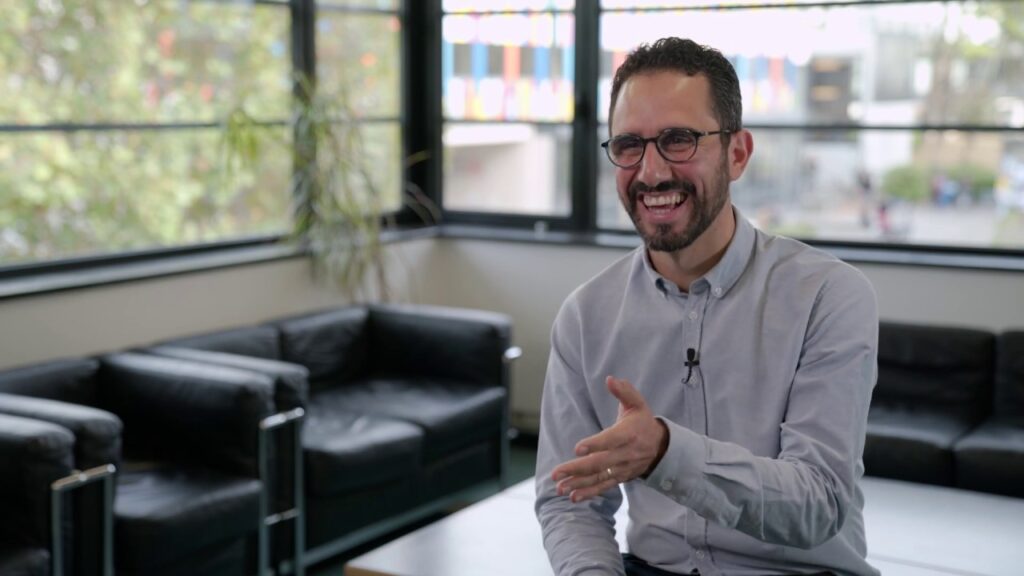Part of the UTOPIAE Public Lecture Series, we are proud to present this live broadcasted lecture within the International Conference on Uncertainty Quantification & Optimisation
Dimensionality reduction and feature extraction from high-fidelity combustion data
Prof Alessandro Parente
Universite Libre de Bruxelles, Belgium

The use of machine learning algorithms to predict the behaviours of complex systems is booming. However, the key for an effective use of machine learning tools in multi-physics problems, including combustion, is to couple them to physical and computer models, to embody in them all the prior knowledge and physical constraints that can enhance their performances, and to improve them based on the feedback coming for the validation experiments. In other words, we need to adapt the scientific method to bring machine learning into the picture and make the best use of the massive amount of data we have produced thanks to the advances in numerical computing.
The talk reviews some of the open opportunities for the application of data-driven, reduced-order modelling to combustion systems. In particular, the first webinar focuses on dimensionality reduction in the context of reacting flow applications. Different approaches (based on modal decomposition, neural networks, kernel methods) are presented and compared, based on their ability to identify low-dimensional manifold and provide relevant features.
Biography
Alessandro Parente got his Master Degree in Chemical Engineering at the Università di Pisa in 2005. He then carried out a PhD at the same University in collaboration with the University of Utah, where he served as Research Associate from November 2007 to December 2009. In April 2009, Prof Parente started working at the von Karman Institute of Fluid Dynamics. In October 2010, he was appointed Assistant Professor at the Aero-Thermo-Mechanical Department of Université Libre de Bruxelles. Since 2019, he is Professor at the same Institution. In January 2015, Prof Parente founded the BURN joint research group on combustion and robust optimization, involving 7 full time professors and around 40 researchers. His research interests are in the field of turbulent/chemistry interaction in turbulent combustion and reduced-order models, non-conventional fuels and pollutant formation in combustion systems, novel combustion technologies, numerical simulation of atmospheric boundary layer flows, and validation and uncertainty quantification. He is author and co-author of more than 75 papers on International Archival Journals.

